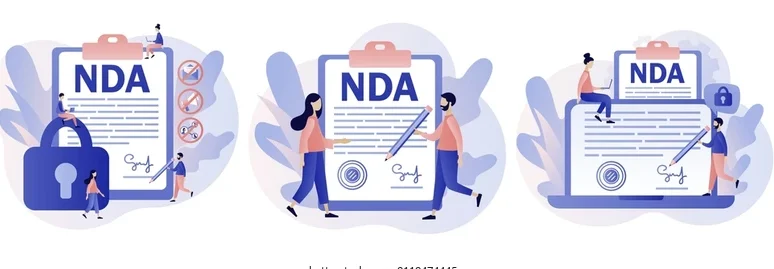
In 2025, where data is power, protecting confidential information is critical to safety and privacy. In Canada, this is provided by a web of legal tools, not a “Non Disclosure Act”.
This blog will cover how Non Disclosure works in Canadian Law and what it means for you as an individual or a business owner.
Is There a “Non Disclosure Act” in Canada?
There isn’t an official “Non Disclosure Act” in Canada. Rather, our confidentiality is enforced by;
- Non Disclosure Agreements (NDAs) under a contracted law.
- Federal and Provincial privacy law, such as; PIPA (Personal Information Protection Act), FIPPA (Freedom of Information and Protection of Privacy Act, PIPEDA (Personal Information Protection and Electronic Document Act).
- Employment and corporate law framework.
Together, these rules and laws control how information is protected and shared.
What Is an NDA?
An NDA is a legal agreement where one or more parties agree with each other to keep specific information private and confidential.
These are commonly used in areas such as;
- Business deals.
- Employment.
- Legal settlements.
- Collaborations.
NDAs are enforceable, only if they’re reasonable, fair and don’t go against public interest.
Where Are NDAs Commonly Used?
- Lawyers will use them in settlements.
- Employers use NDAs to protect their sensitive data.
- Creators often use them to protect their intellectual property.
- Startups use them while they pitch ideas to investors.
Are NDAs Legally Binding Within Canada?
They can be legally binding if they are used in the correct ways.
- You can’t hide illegal activities or violate individuals rights.
- You need to clearly define what will be confidential.
- You can’t be indefinite or overly broad.
Interested in learning more? Come back for Part 2 of this blog, “How NDAs Affect Canadians: Ethics, Abuse and Reform.”


